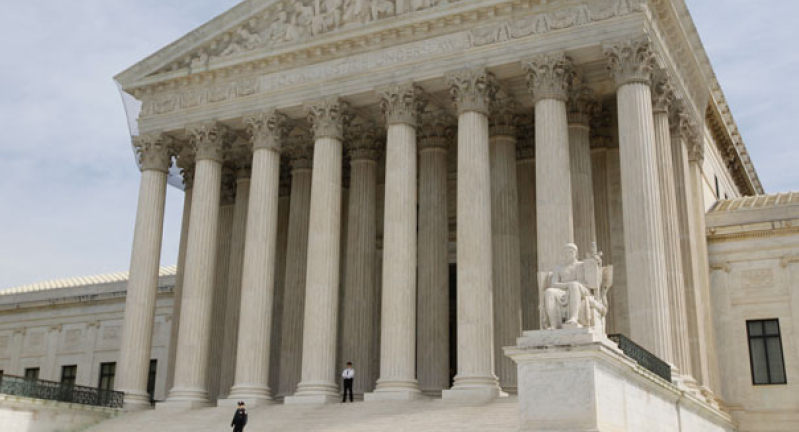
The 5th Circuit Court of Appeals determined Thursday that the portion of House Bill 2 which requires abortion doctors to have admitting privileges in nearby hospitals is constitutional. The decision overrules the federal lawsuit which Planned Parenthood had won earlier this week, where Judge Lee Yeakel had claimed that there was no "rational basis" for the requirement.
The panel of twelve judges on the 5th Circuit Court of Appeals ruled unanimously that the requirement for admitting privileges should be in effect immediately, as the fact that abortion doctors are having difficulty getting hospital permission should not invalidate the law. Attorney General of Texas Greg Abbott, who had filed the appeal, released a statement saying that the ruling was "a vindication of the careful deliberation by the Texas Legislature to craft a law to protect the health and safety of Texas women."
The requirement for abortion doctors to have admitting privileges within 30 miles of an abortion clinic is currently in effect, even though the case won't be settled until January. According to a Texas Right to Life supporter, at least nine facilities in Texas have stopped performing abortions today because they lack admitting privileges.
According to FoxNews, abortion doctors are being denied admitting privileges in some hospitals because they require a certain number of surgeries per year. In addition, many faith-based hospitals do not support abortion.
Texas Right to Life Director Elizabeth Graham attests that the Texas Legislature is "not only concerned about protecting the unborn, but also about women going to abortion clinics with sub-standard conditions and unsanitary equipment. The provisions being challenged in court are intended to keep Gosnell-like predators out of Texas."






